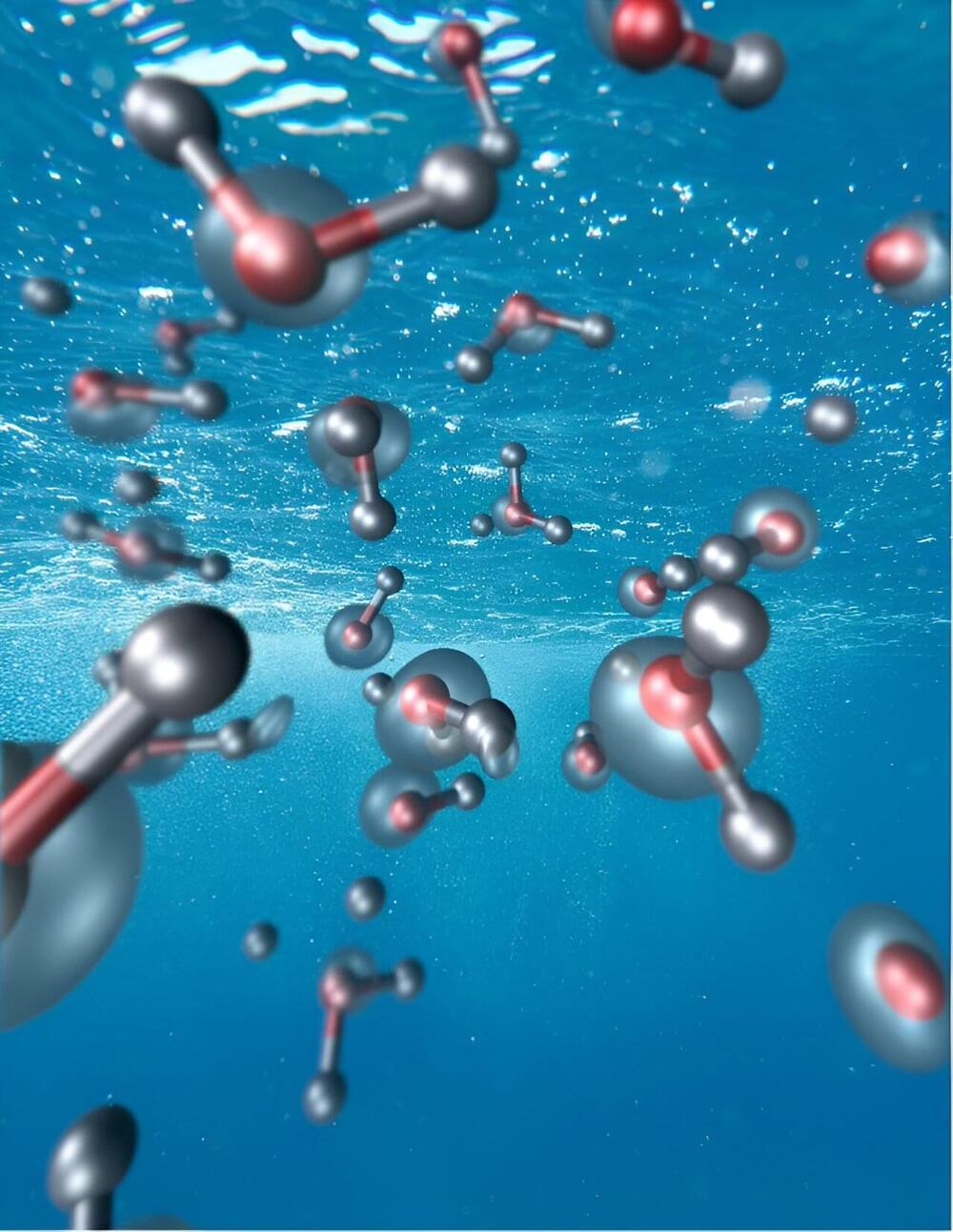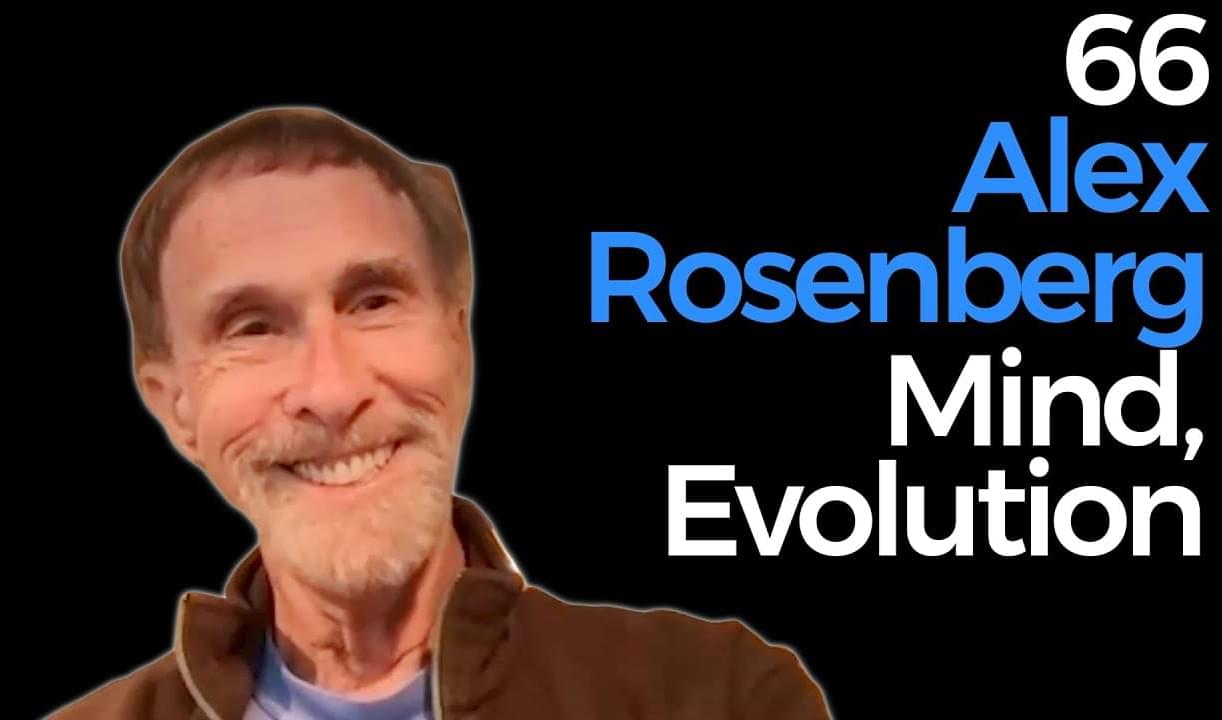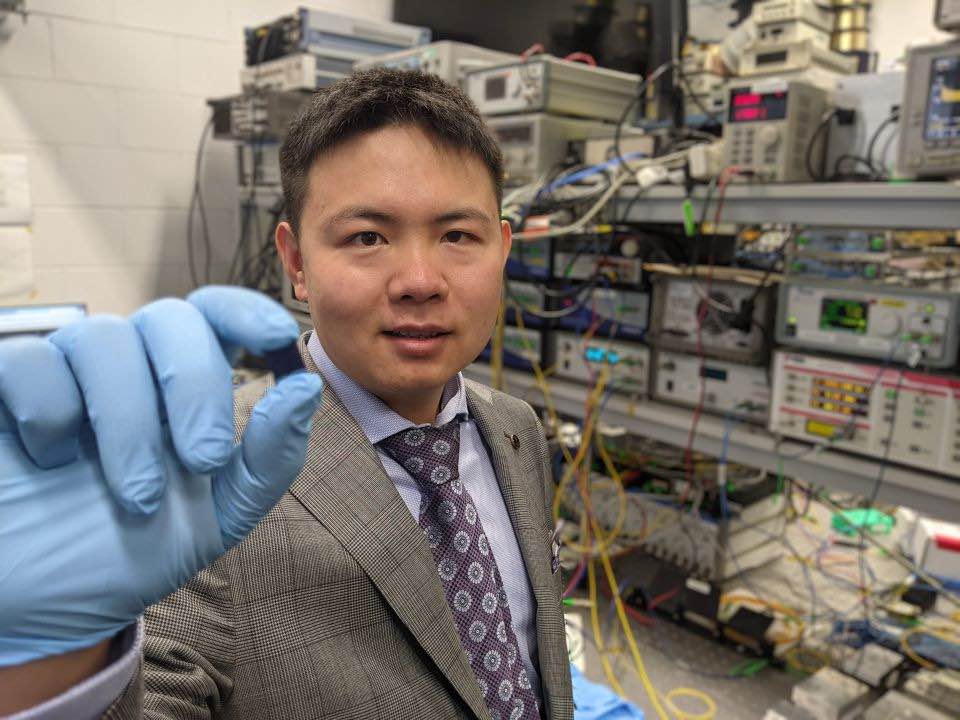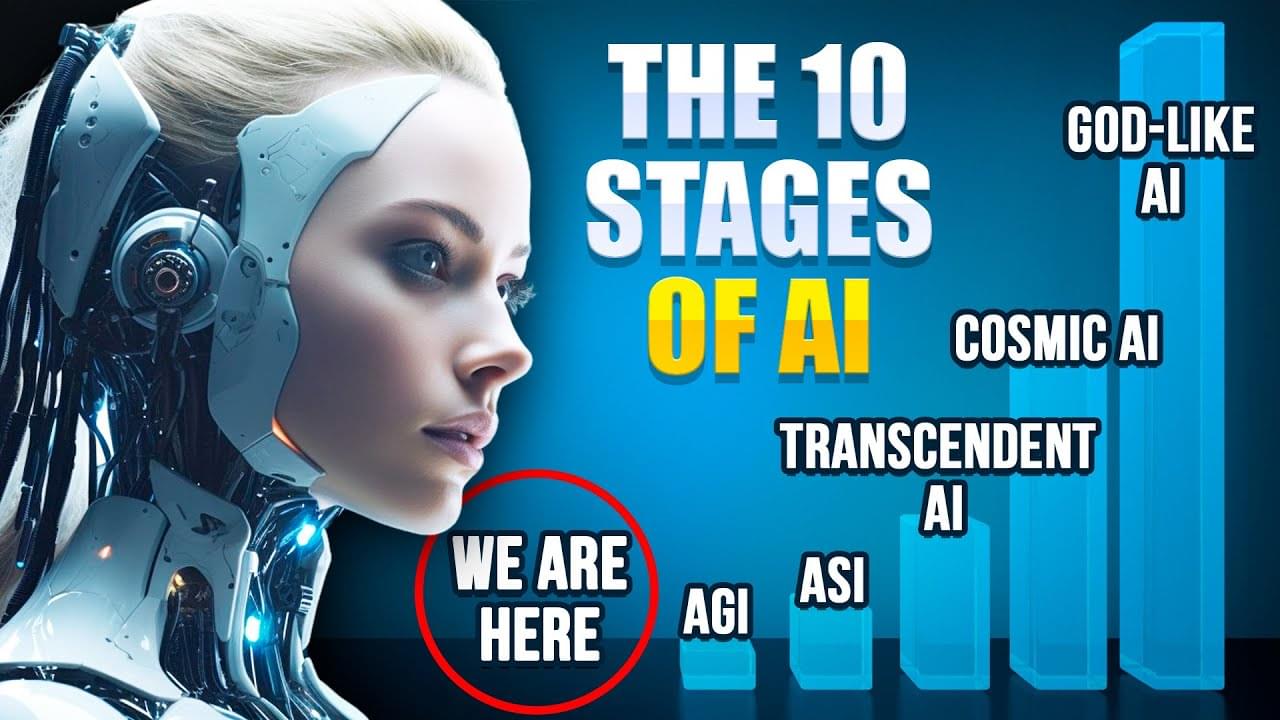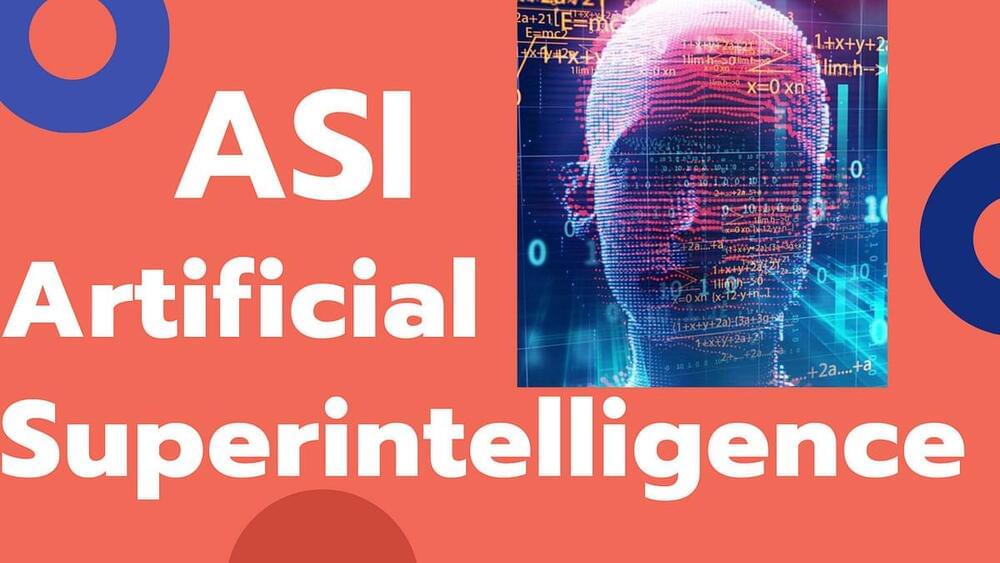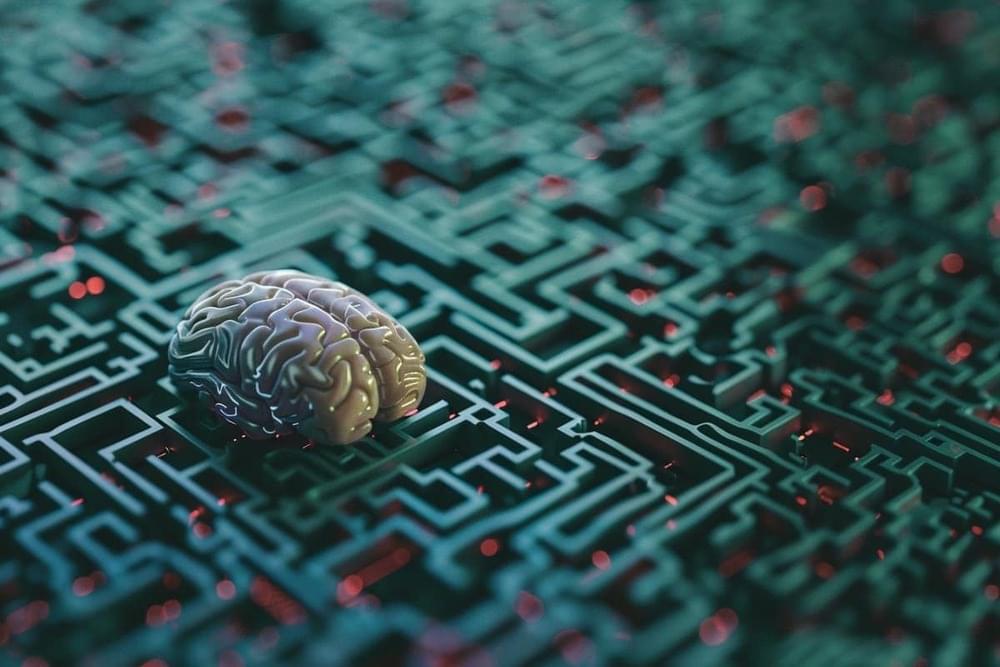Mar 1, 2024
A new theoretical development clarifies water’s electronic structure
Posted by Dan Breeden in categories: biological, chemistry, physics, solar power, sustainability
There is no doubt that water is significant. Without it, life would never have begun, let alone continue today—not to mention its role in the environment itself, with oceans covering over 70% of Earth.
But despite its ubiquity, liquid water features some electronic intricacies that have long puzzled scientists in chemistry, physics, and technology. For example, the electron affinity, i.e., the energy stabilization undergone by a free electron when captured by water, has remained poorly characterized from an experimental point of view.
Even today’s most accurate electronic structure theory has been unable to clarify the picture, which means that important physical quantities like the energy at which electrons from external sources can be injected in liquid water remain elusive. These properties are crucial for understanding the behavior of electrons in water and could play a role in biological systems, environmental cycles, and technological applications like solar energy conversion.
